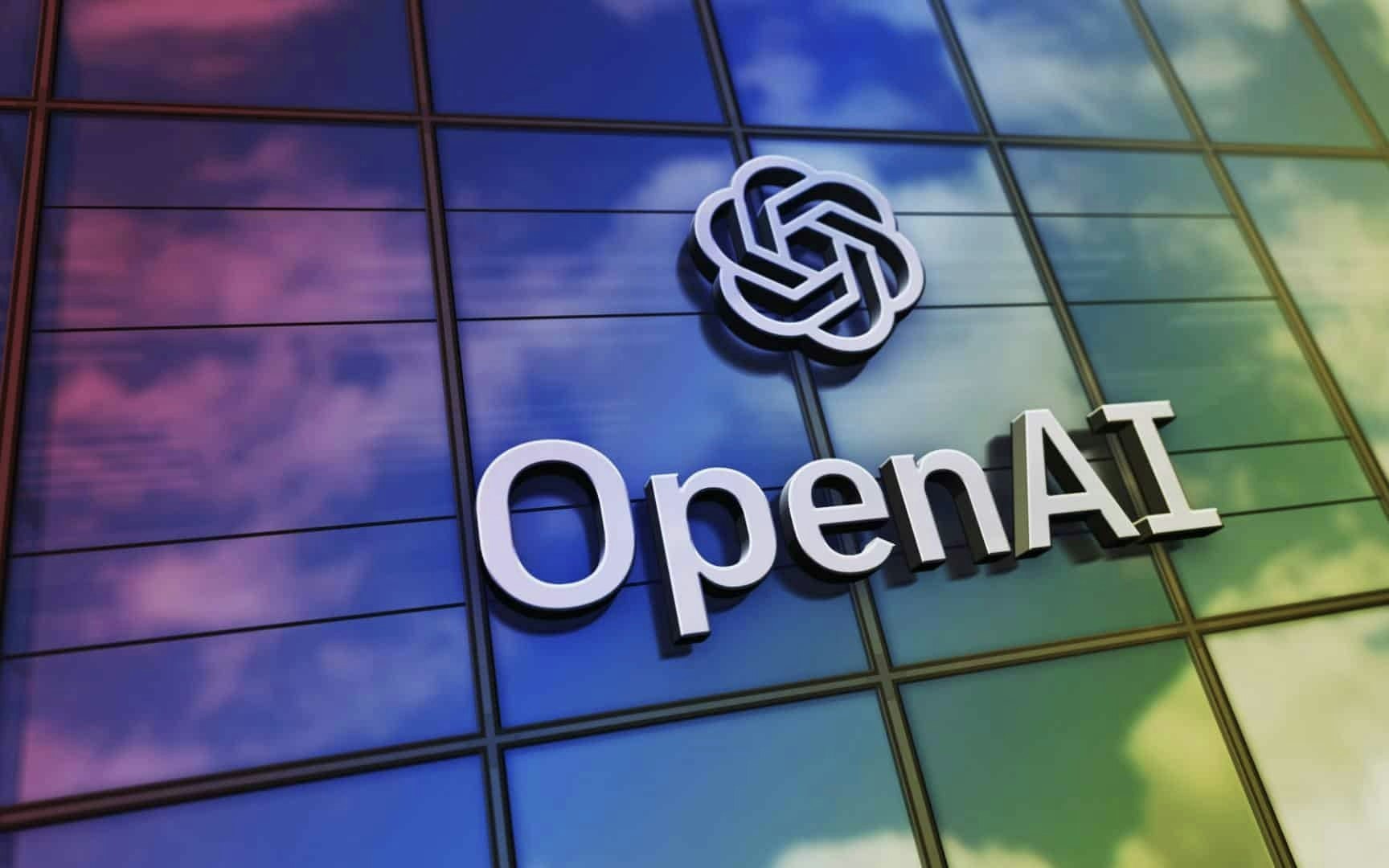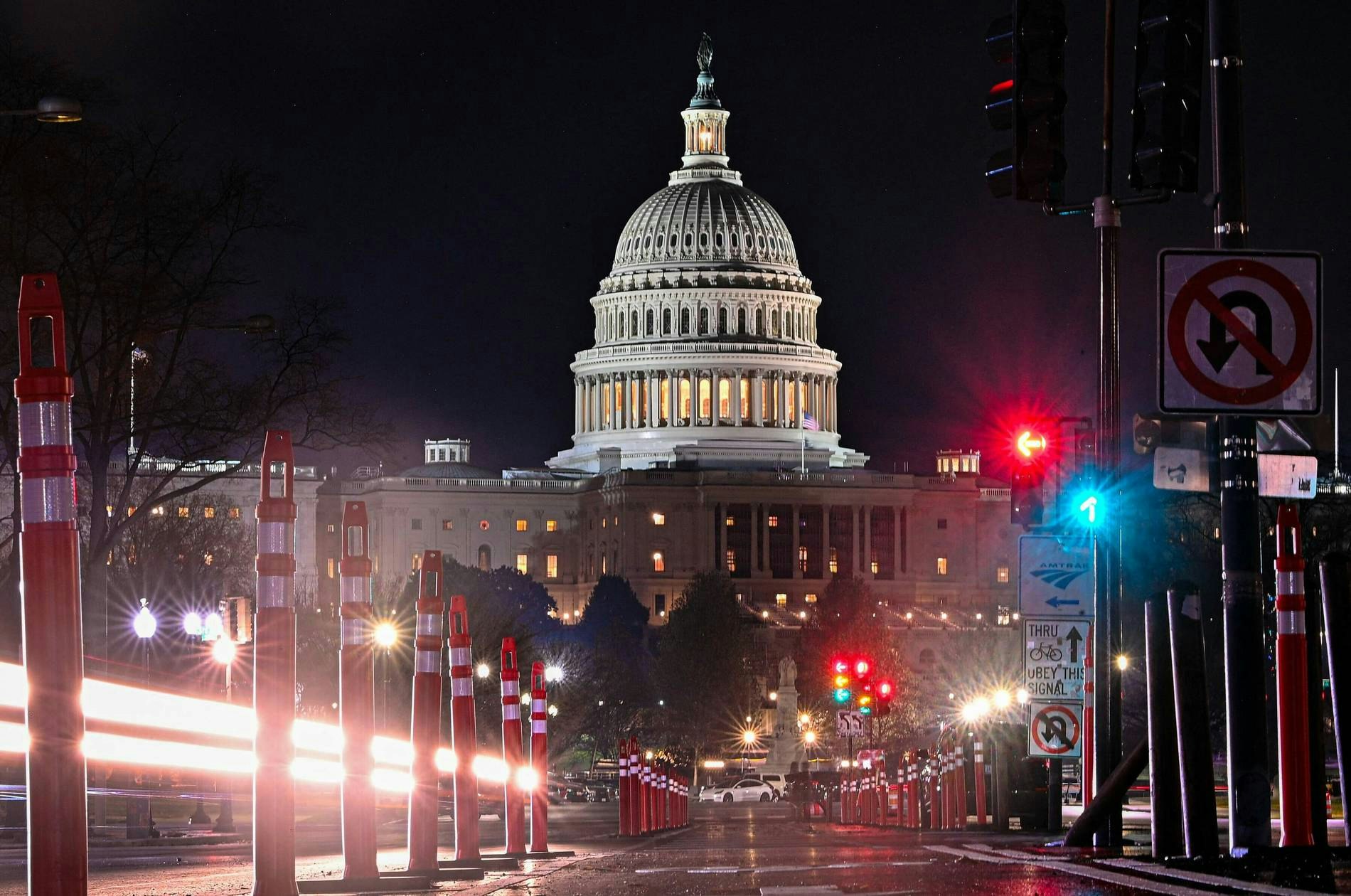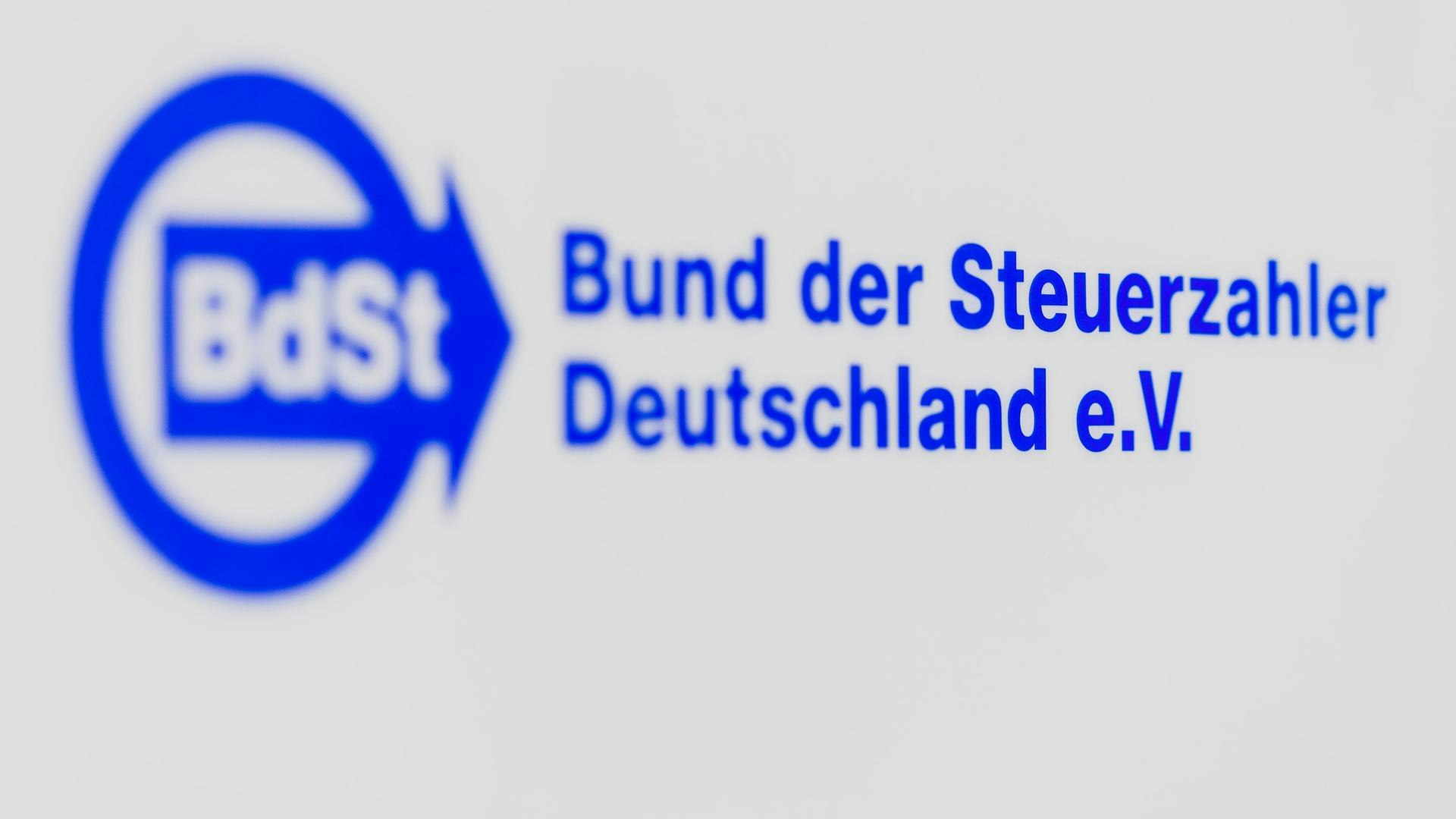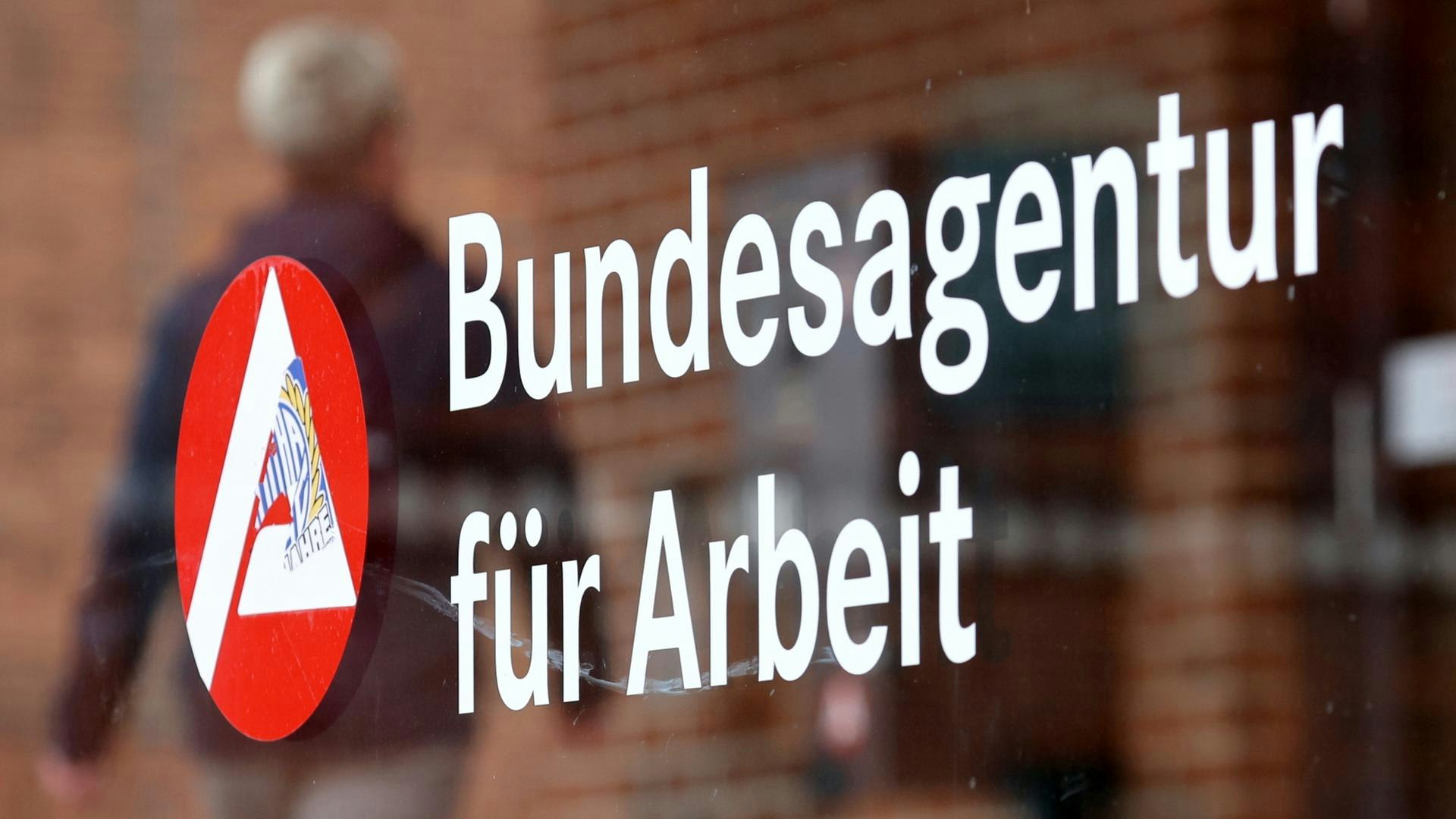OpenAI, the company behind the popular ChatGPT, has spoken out strongly against a proposed bill in California that aims to ensure the use of powerful Artificial Intelligence (AI). In a letter to California Senator Scott Wiener, Jason Kwon, Chief Strategy Officer of OpenAI, expressed concerns that the SB 1047 bill could threaten the growth of the AI industry in the state and significantly limit California's ability to innovate.
The bill jeopardizes California's unique status as a global leader in the field of artificial intelligence," Kwon wrote. He warned that the law could slow down the process of innovation and prompt highly skilled engineers and entrepreneurs to leave the state in search of better opportunities elsewhere.
SB 1047 has sparked a controversial debate in Silicon Valley's tech scene. While the need to limit the risks of new AI models is widely acknowledged, critics fear that Wiener's proposals could stifle startups, play into the hands of American competitors, and undermine California's central role in the AI boom.
OpenAI, which has gained prominence through its partnership with Microsoft and the success of ChatGPT, fundamentally supports measures for the safe development and implementation of AI but argues that legislation should occur at the federal level rather than by individual states.
Senator Wiener responded on Wednesday that while he also believed the federal government should take the lead, he was skeptical that Congress would act. He also rejected the argument that tech start-ups would leave the state if the law were passed, emphasizing that businesses outside of California would also have to comply with the law in order to do business there.
The California legislature is expected to vote on the bill by the end of the month. If the bill is passed, it will be up to Governor Gavin Newsom to either sign it into law or veto it.
In recent weeks, tech groups and investors, including Anthropic, Andreessen Horowitz, and Y Combinator, have intensified their lobbying efforts against Wiener’s proposals. Nancy Pelosi, the former Speaker of the House and California representative, also released a statement opposing the bill, calling it "well-meaning but poorly informed.
Among the most controversial aspects of the original proposal were the requirement for AI companies to guarantee to a new government agency that they would not develop models with "dangerous capabilities," as well as the introduction of a "kill switch" to disable powerful models. Opponents argued that the draft focused too much on hypothetical risks and entailed "extreme" liability for founders.
Last week, the draft was amended to ease some of these requirements, including limiting the civil liability for AI developers. Nevertheless, critics still fear that the law will burden startups with excessive and sometimes unrealistic demands.







